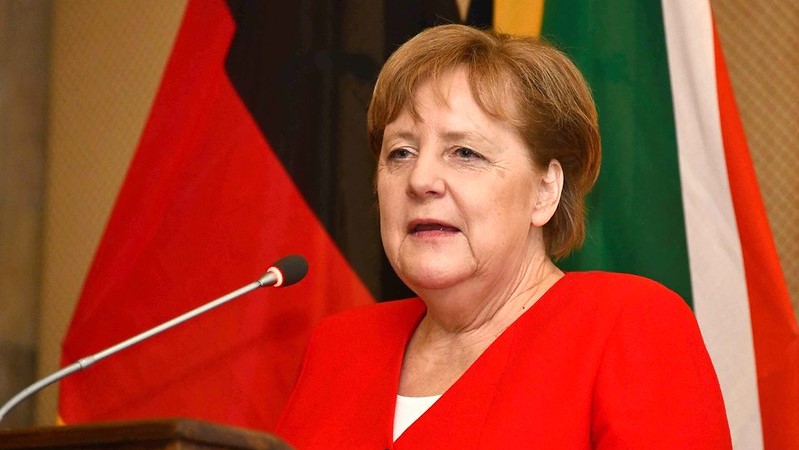The German government is raising its climate ambition to target net zero emissions by 2045.
The sudden shift follows a landmark court ruling in favour of youth plaintiffs and reflects rising public demand for green policies ahead of September’s election.
Finance minister Olaf Scholz and environment minister Svenja Schulze announced the proposed targets to press in Berlin on Tuesday: a 65% emissions reduction by 2030, 85-90% by 2040 and net zero emissions by 2045, all compared to 1990 levels. Previously, the goals were 55% by 2030 and climate neutrality by 2050.
If adopted by the cabinet next week, Germany would have the second deepest 2030 emissions reduction target of any major emitter, compared to 1990 levels, after the UK. It would be the biggest economy to match Sweden’s 2045 net zero ambition.
The move reignites an intense debate around Germany’s coal exit and carbon price on fuel for transport and buildings – two issues which could now dominate the election.
Top court rules German climate law falls short, in ‘historic’ victory for youth
Germany’s top court ruled last week that the country’s climate law is partly unconstitutional and ordered the government to draw up clear emissions reduction targets after 2030. The case was brought by youth climate activists who argued that the law violated their right to a humane future as it did not go far enough to limit global temperature rise to 1.5C.
The current 2030 target of 55%, compared to 2010, has been ranked as “highly insufficient” by Climate Action Tracker.
Germany’s plan to increase its targets came as a “big surprise”, Felix Heilmann, a researcher at the climate think tank E3G, told Climate Home News.
There had been talk of Germany increasings it targets, especially after EU leaders agreed to raise the bloc’s 2030 target from 40-55%, but this was not expected for another year, after a new government had been formed, he said.
“This wouldn’t have happened now without the supreme court ruling,” he said. “The government has been very positive of their climate achievements and never questioned the climate law which included those targets.”
After the supreme court ruling, the government is facing “a lot of pressure to leave on a high note with regards to their climate policy. The cornerstone of that policy was the climate law,” he said.
There was no real urgency for the government to respond to the court ruling, Niklas Höhne of the New Climate Institute told Climate Home News. The government has until the end of 2022 to announce a new target for after 2030.
But the upcoming election has put pressure on all parties to raise their ambition and show they are leading on climate. Recent polls put the Greens ahead of Merkel’s Christian Democratic Union.
“After coronavirus, climate is the second biggest issue this election,” Höhne said. “Every party has climate change in their programme. It is a spiral to the top.”
To achieve the new targets, Germany must rapidly phase out coal. The country currently does not plan on ending coal until 2038, which campaigners say is a decade too late to limit global warming to well below 2C.
“The picture is crystal clear; the new climate targets cannot be achieved if we don’t phase out coal by 2030,” Heilmann said.
Besides ending coal, the new government must speed up the transition to electric mobility by investing in more charging stations and increase the carbon price on fuels used for transport and heating buildings, Höhne said.
Merkel is tipped to announce a new climate finance goal for 2025 at this week’s Petersberg Dialogue. Climate watchers say Germany should double its annual climate finance by 2025 if it is to do its fair share.
“It’s great to see Germany move ahead – but if they don’t step up international support in lockstep then we risk green recovery and low carbon transition remaining a luxury development pathway,” said Jennifer Tollmann, policy advisor at think tank E3G.
